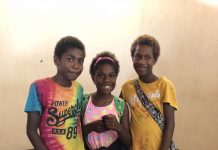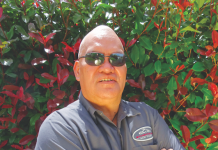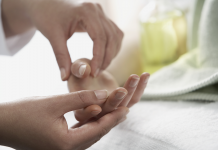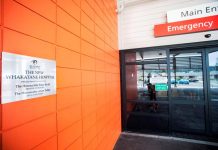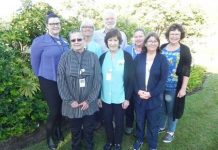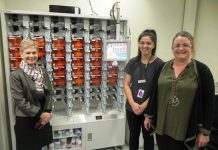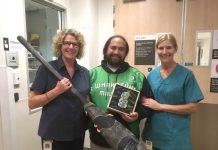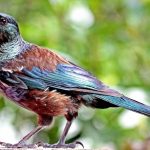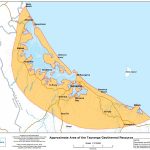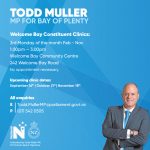BOPDHB (Toi Te Ora) Medical Officer of Health, Dr Jim Miller is reminding everyone to be aware of the signs and symptoms of meningococcal disease.
“We have been notified of three cases of meningococcal infection in the Bay of Plenty over the holiday period; one adult, and two primary school aged children.
“The children live in two Bay of Plenty towns; however, they are members of an extended family.
“Close contacts of each case have been given advice by Toi Te Ora public health, and offered prophylactic antibiotics as appropriate.
“With the recent outbreak of meningococcal disease in Northland, and concerns about the changing patterns of meningococcal disease across the country, it is prudent for us all to be alert and look out for each other.
“Meningococcal disease is still an uncommon disease in New Zealand, but can cause serious illness.
“It is caused by a bacterium, Neisseria meningitidis, which is fairly common in our community. Around 15% of people at any one time carry the bacteria in their nose and throat. Most don’t even know it is there, but occasionally the bacteria spreads to the bloodstream causing blood poisoning and meningitis.
As with most infections, good hygiene helps reduce the risk. Covering your coughs and sneezes, and regular handwashing is always important.
Signs and symptoms of meningococcal disease symptoms may include some or all of the following:
•High fever
•Headache
•Vomiting
•Refusal of feeds (in infants)
•Sleepiness
•A stiff neck
•Dislike of bright lights
•Joint and muscle pains
•A rash which looks like small purple or red spots. This rash will be non-blanching which means that when you press on it, it does not fade.
Symptoms can very rapidly progress to death or lead to permanent disability such as deafness or disfigurement.
If you are concerned about a friend or family member and think their symptoms may be meningitis, seek the advice of a medical professional immediately.
For more information about meningococcal disease and meningitis, contact:
HealthLine 0800 611 116
Toi Te Ora (BOPDHB public health) website.
Meningitis Foundation website.






